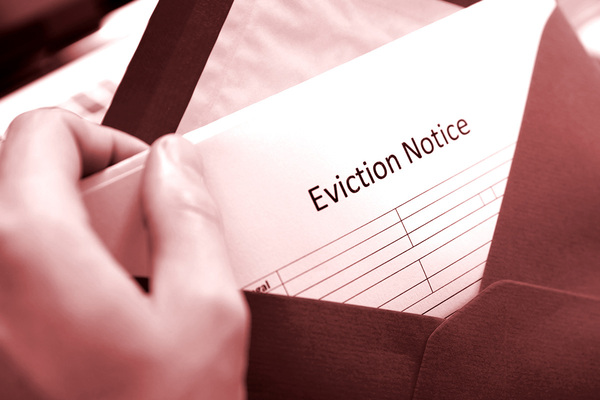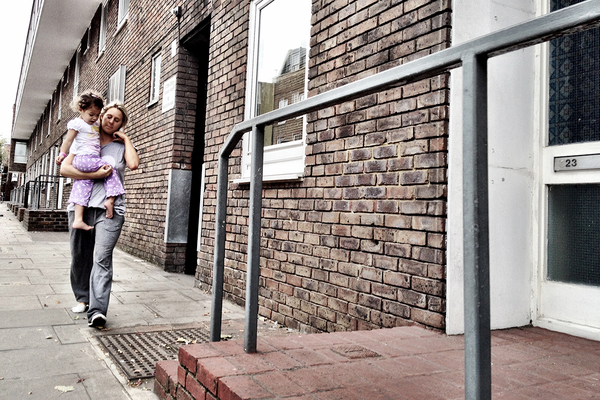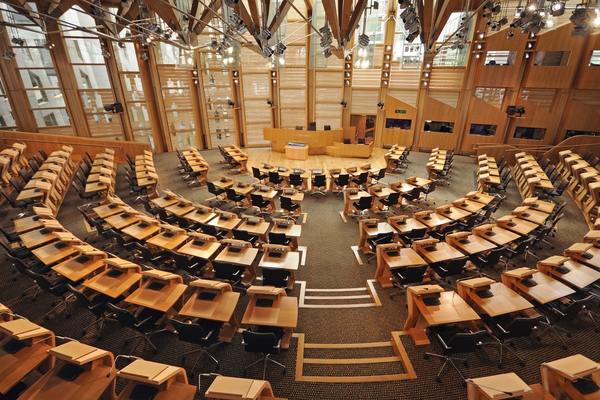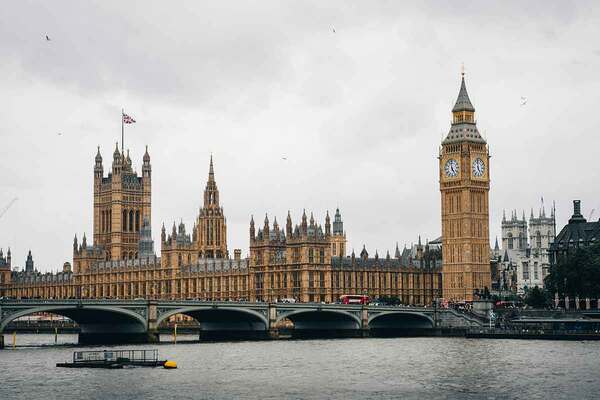Scottish housing associations say prohibition on evictions is leading tenants to choose not to pay rent
Significant numbers of tenants are choosing not to pay rent during the coronavirus pandemic, the Glasgow and West of Scotland Forum of Housing Associations (GWSF) has claimed.

Helen Moore, chair of GWSF, said in a letter sent to Scottish housing minister Kevin Stewart: “There is clear evidence that a prohibition on evictions leads a significant number of tenants to choose not to pay rent during COVID-19.”
The group has asked the Scottish government not to further extend its policy requiring landlords to give tenants longer notice periods than usual when seeking possessions.
At the start of the coronavirus lockdown, the Scottish government extended the eviction notice period landlords must give tenants to six months for arrears cases and three months for anti-social behaviour.
These measures were originally supposed to last until September, but it is now expected they will be extended, following the Scottish government’s acceptance of recommendations from the Homelessness and Rough Sleeping Action Group.
Ms Moore said GWSF held a “strong opposition to any such extension of the emergency provisions on notice periods”.
She added: “The measures have the unintended consequence of protecting tenants who do not engage with their landlord, feel they do not need to pay rent and know they cannot be sanctioned by their landlord.”
Mr Moore included in her letter a number of examples to support GWSF’s stance, including various examples of tenants who were already in arrears before the crisis hit.
GWSF members have estimated that in some cases, arrears will reach between £7,000 and £8,000 before a resolution is found, with expected delays in the court system meaning this could hit £10,000.
Ms Moore wrote: “We want to emphasise that our members have consistently told us that they would never seek to evict someone who is engaging with them and who is open about the difficulties they are having paying their rent.
“Some of these tenants may never be able to pay all their arrears, but if someone is doing all they can to mitigate the damage, the last thing an association wants to do is take eviction action.
“There has been a lot of talk about not penalising tenants for ‘COVID-related arrears’, and our members are completely supportive of that approach. But many of the case studies we have involve working tenants who have continued to be paid during COVID but who have told us they are not paying rent ‘because they don’t have to’.
“However careful the messaging, the pursuit of a ‘no evictions’ approach just gives a signal to those bent on exploiting the system at the cost of their fellow tenants. It does not protect tenants who are engaging with their landlord as these tenants would not be subject to eviction action anyway.”
A Scottish government spokesperson said: “We have taken concrete action to protect tenants and prevent evictions during this pandemic.
“Emergency legislation is in place that protects Scottish tenants from evictions until 30 September. We are actively considering whether this needs to be extended further.”












